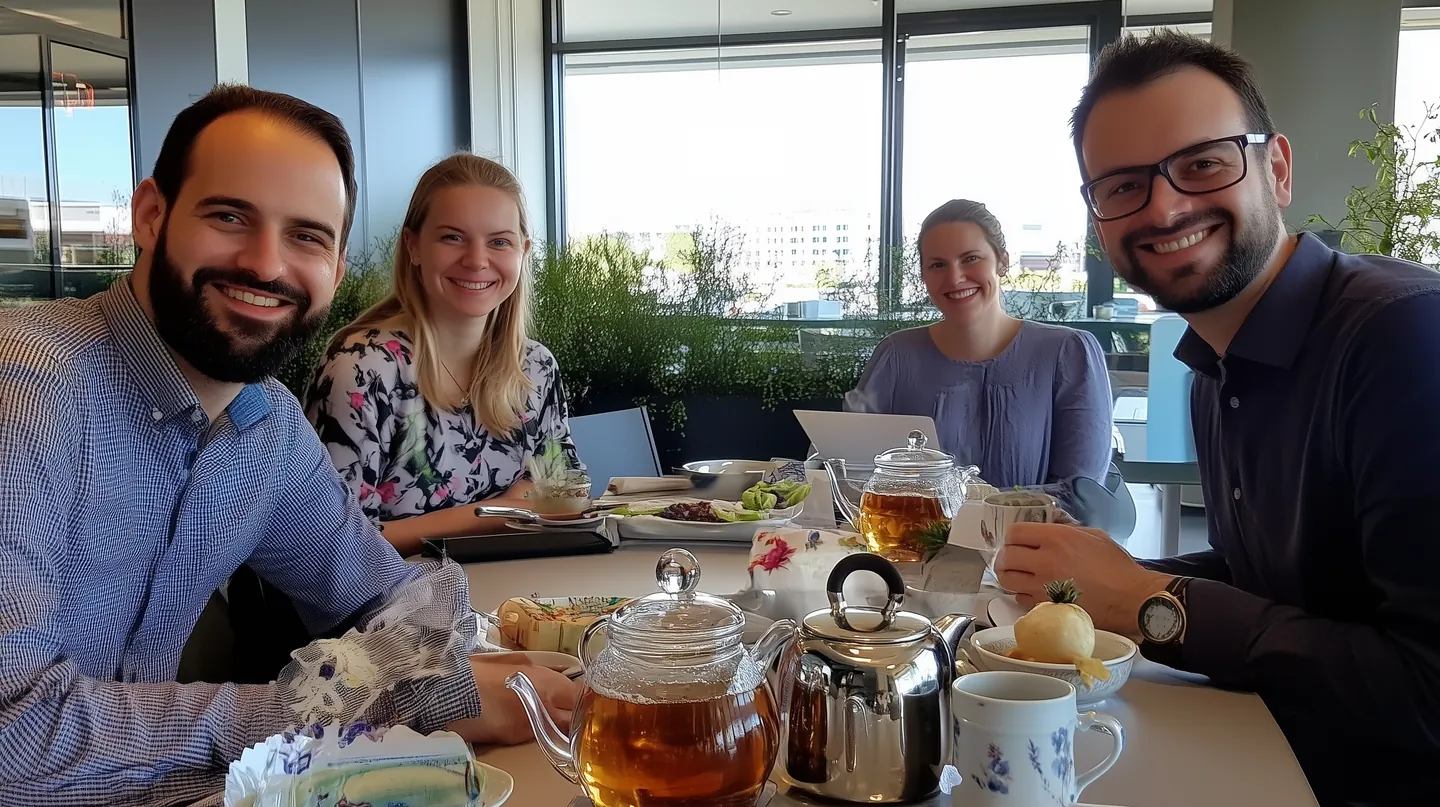Organizational culture profoundly influences the workplace atmosphere in any enterprise, directly affecting the operational effectiveness of both individual employees and teams as a whole. This article explores how the cultural attributes of an organization impact its productivity and discusses various strategies to enhance performance across different management levels.
Foundations of Organizational Culture

Organizational culture forms a fundamental component of any company's structure, exerting a significant influence on daily operations and overall productivity. A deep understanding of this phenomenon allows management to develop effective managerial strategies and enhances enterprise productivity.
Understanding Organizational Culture
Organizational culture is a complex of values, beliefs, traditions, and interaction practices that create a unique social and psychological atmosphere within a company. It encompasses everything from corporate ethics and behavioral standards to managerial techniques and internal communication methods.
Components of Organizational Culture
- Values and Beliefs: These are the fundamental principles that dictate employee behavior and decision-making processes within the company.
- Rituals and Ceremonies: These periodic events help strengthen team spirit and maintain corporate identity.
- Corporate Stories and Symbols: Success stories and significant symbols that highlight key cultural elements and contribute to its strengthening.
Impact of Organizational Culture on Employee Motivation

Organizational culture is an integral part of any company’s structure, significantly impacting employee motivation. A culture focused on results improves job satisfaction, increases productivity, and reduces staff turnover.
Values and Mission
Clearly articulated and widely supported values, along with an inspiring mission, can significantly enhance employee engagement. Aligning employees' personal values with corporate ones boosts their motivation and dedication.
Recognition and Rewards
A reward system that values and acknowledges each employee's contribution serves as a powerful incentive. It demonstrates the company's care for its workers and recognizes their efforts.
Transparency and Communication
Clear and transparent communication within the decision-making framework fosters a trusting relationship between staff and management. Employees who are actively engaged in the organization's activities tend to be more driven to pursue shared objectives.
Interaction between Organizational Culture and Team Performance

The culture of an organization significantly impacts team efficiency. It shapes the modes of interaction and cooperation among team members, as well as their capacity to meet goals. Observations from firms like Google and Zappos indicate that a strong emphasis on nurturing corporate culture and reinforcing team values frequently results in superior performance.
Organizational Commitment to a Positive Environment

Companies dedicated to establishing a constructive and inclusive workplace often observe their teams delivering outstanding performances, exhibiting remarkable adaptability, and swiftly adjusting to changes in the marketplace. The effort to foster a positive corporate culture is essentially an investment in the future of every employee and the organization as a whole.
Strategies to Bolster Corporate Culture
The profound effect of corporate culture on business prosperity and stability is clear. In pursuit of enhancing operational outcomes and ensuring employee wellness, contemporary firms implement effective strategies to strengthen corporate culture, thereby increasing overall productivity.
Defining Corporate Values and Mission
Articulating and detailing corporate values and mission clearly are critical initial steps towards enhancing organizational culture. These elements should be clear and comprehensible to every employee, mirroring the organization's true objectives and laying the groundwork for all strategic decisions and actions.
Engaging Employees in Key Discussions
An open and trusting environment is cultivated by actively engaging employees in significant discussions about the company. Regular meetings, surveys, and feedback mechanisms consider the views and suggestions from staff at all levels, enhancing their involvement and commitment.
Cultivating Leadership and Management Training
Developing strong leadership is essential for shaping corporate culture. Training programs and courses designed for managers, focusing on motivational techniques, conflict resolution skills, and effective communication, serve as models for others and set behavioral standards across the organization.
Empowering Employee Development
Investments in both professional and personal development of employees not only boost their capabilities but also show the company’s commitment to their well-being. Educational programs, advanced training sessions, and mentorship initiatives significantly raise job satisfaction and professional competencies.
Acknowledging Successes and Milestones
Celebrating successes and notable achievements is vital for maintaining high morale and motivation among employees. Practices such as honoring outstanding employees foster a positive atmosphere and encourage a culture of recognition and appreciation.
Balancing Work and Personal Life
A pivotal aspect of contemporary corporate culture is ensuring a healthy balance between professional duties and personal life for employees. Flexible work schedules, options for remote working, and ample vacation time make employees feel valued and respected.
Conclusion

Diligent focus on and development of corporate culture are crucial aspects of management in a modern organization. Improving the internal work environment not only elevates productivity but also supports the company’s long-term sustainable growth.










